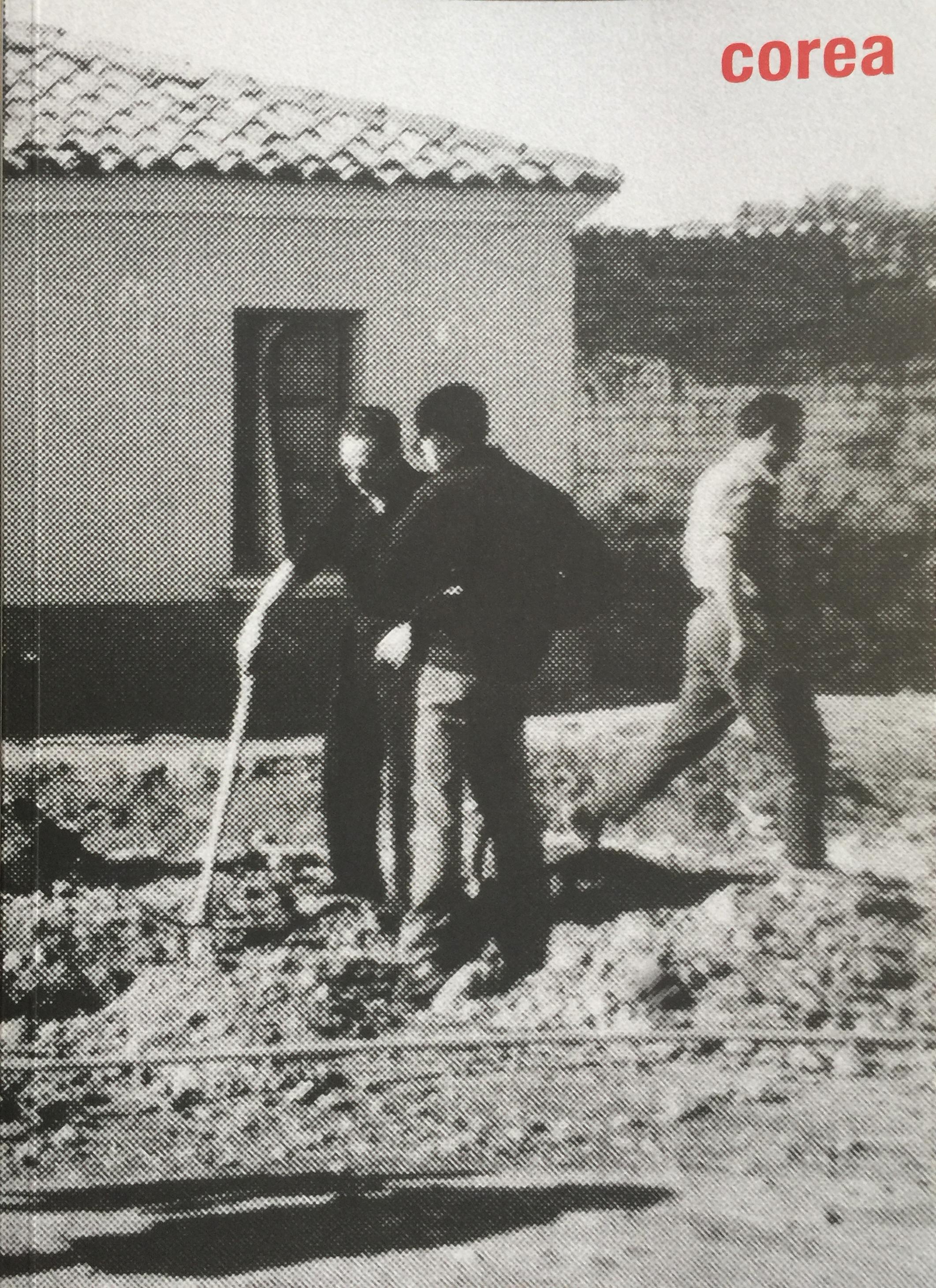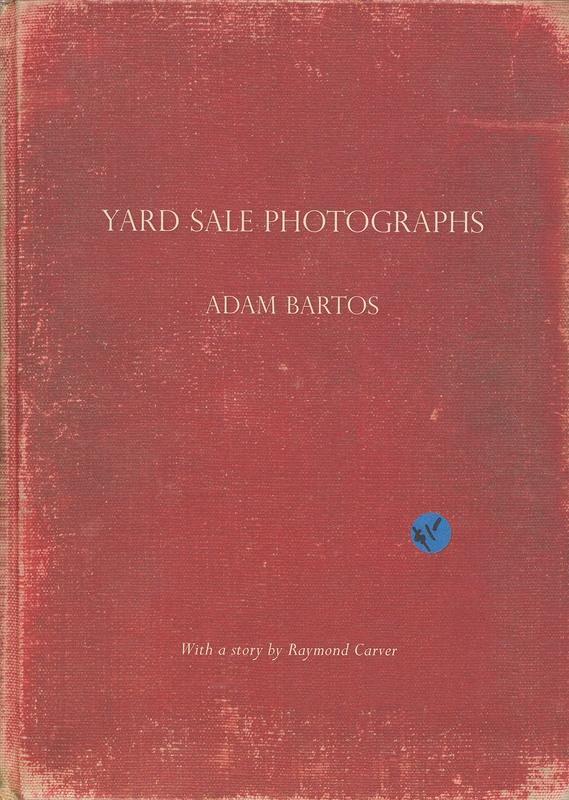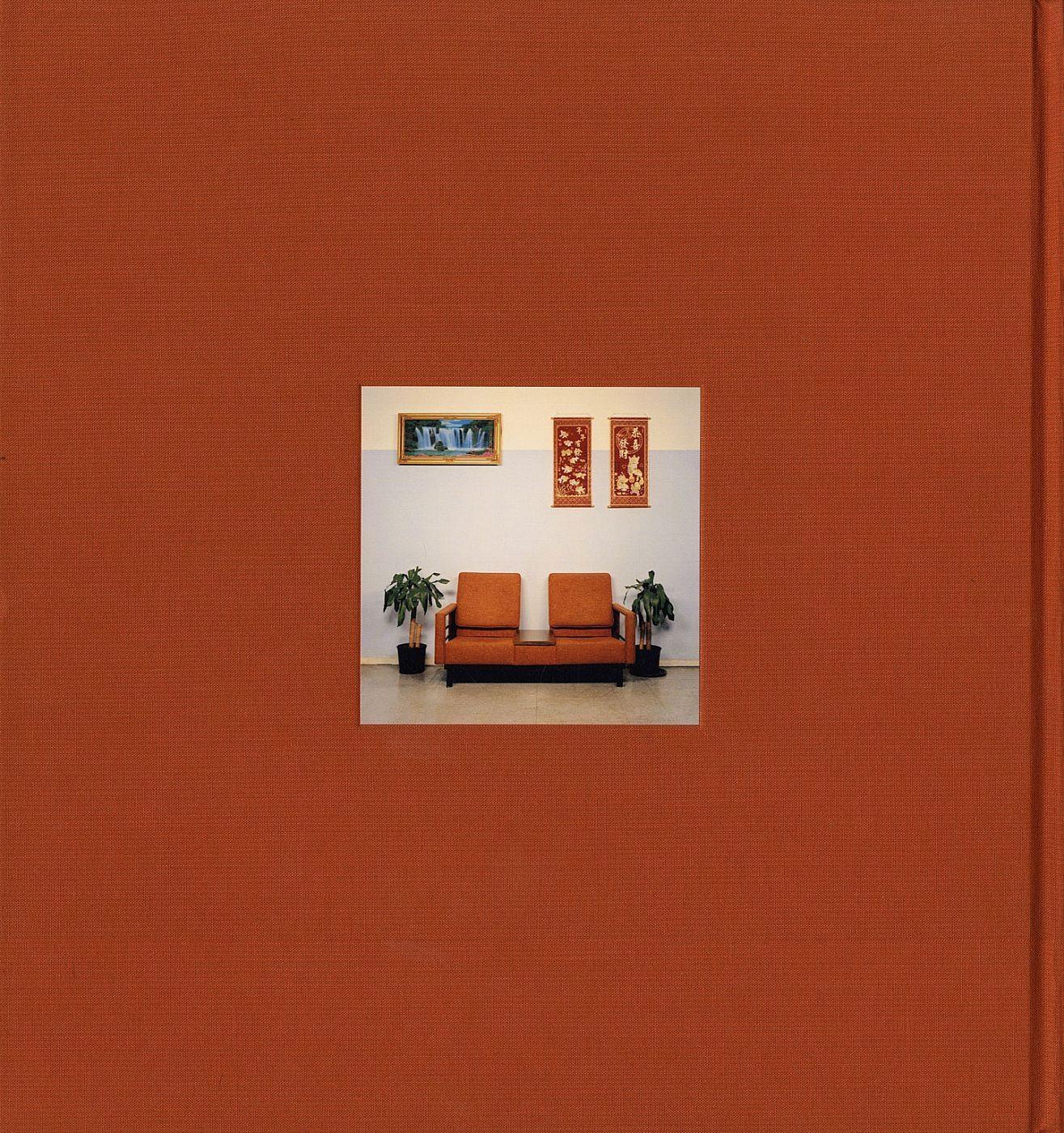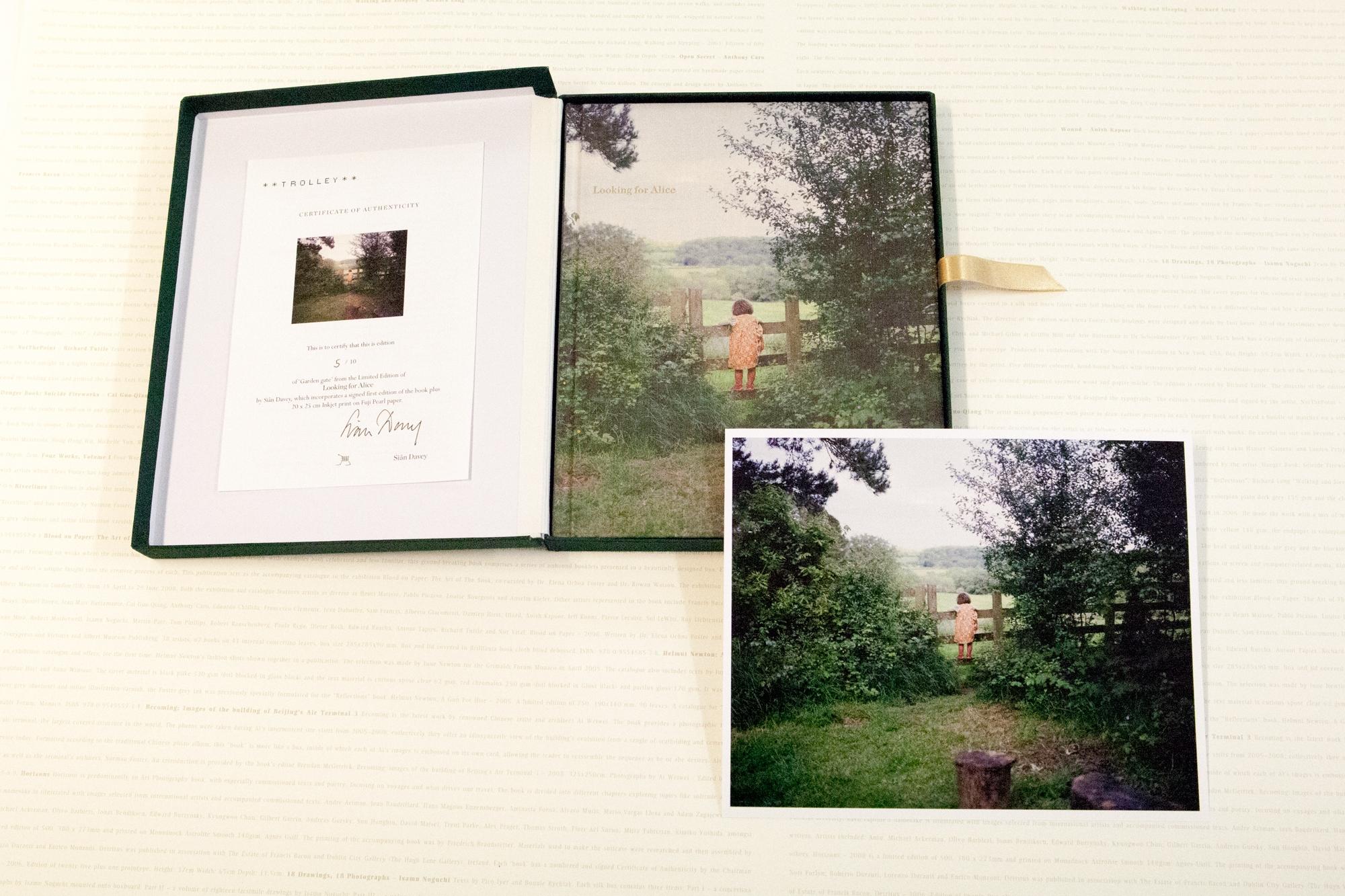Corea. Una historia paralela / A Parallel Story

Two events of assymetryc historic relevance took place in Spain in the first half of the 1950s. First, the signing of the Bilateral Agreement for Mutual Defence with the USA, the Pact of Madrid of 1953, signed during the rise of the Cold War. It shaped the development of Spanish politics, during and after the dictatorship, to a certain degree, until the country attained NATO membership in 1986. The second event materialized as a historically insignificant anecdote, in the shade of the first. All over the nation, marginal urbanisation projects opened, social housing that could barely contain the massive flood of people leaving the countryside for the cities or those who huddle simply in unsanitary homes. They were named after the dictator (Barriada de Francisco Franco, Grupo Generalísimo Franco) or a Virgin (La del Perpetuo Socorro, La Inmaculada), but it did not take long before they were known by a different name, taking that of the war against communism led by the American friend half-way around the world: Corea.
Scattered over the Spanish territory (Huesca, La Coruña, León, Toledo, Palencia or Palma de Mallorca), the Corea neighbourhoods form an archipelago or suspicion and fear. Their institutional role demarcates the threshold between socially acceptable belonging and the outside of it. To be coreanos means to exist on the edge of the social. Subjects in insult, subject to a nominal violence that inscribes itself on bodies and puts them in their place. A perverse to and fro from inclusion to exclusion: both victims of misery and ignorance and threat to the rule of a dominant moral order. The name Corea inaugurates an infra-subject whose abjection and stigma have endured in recent Spanish history.
Out of stock
Out of stock



